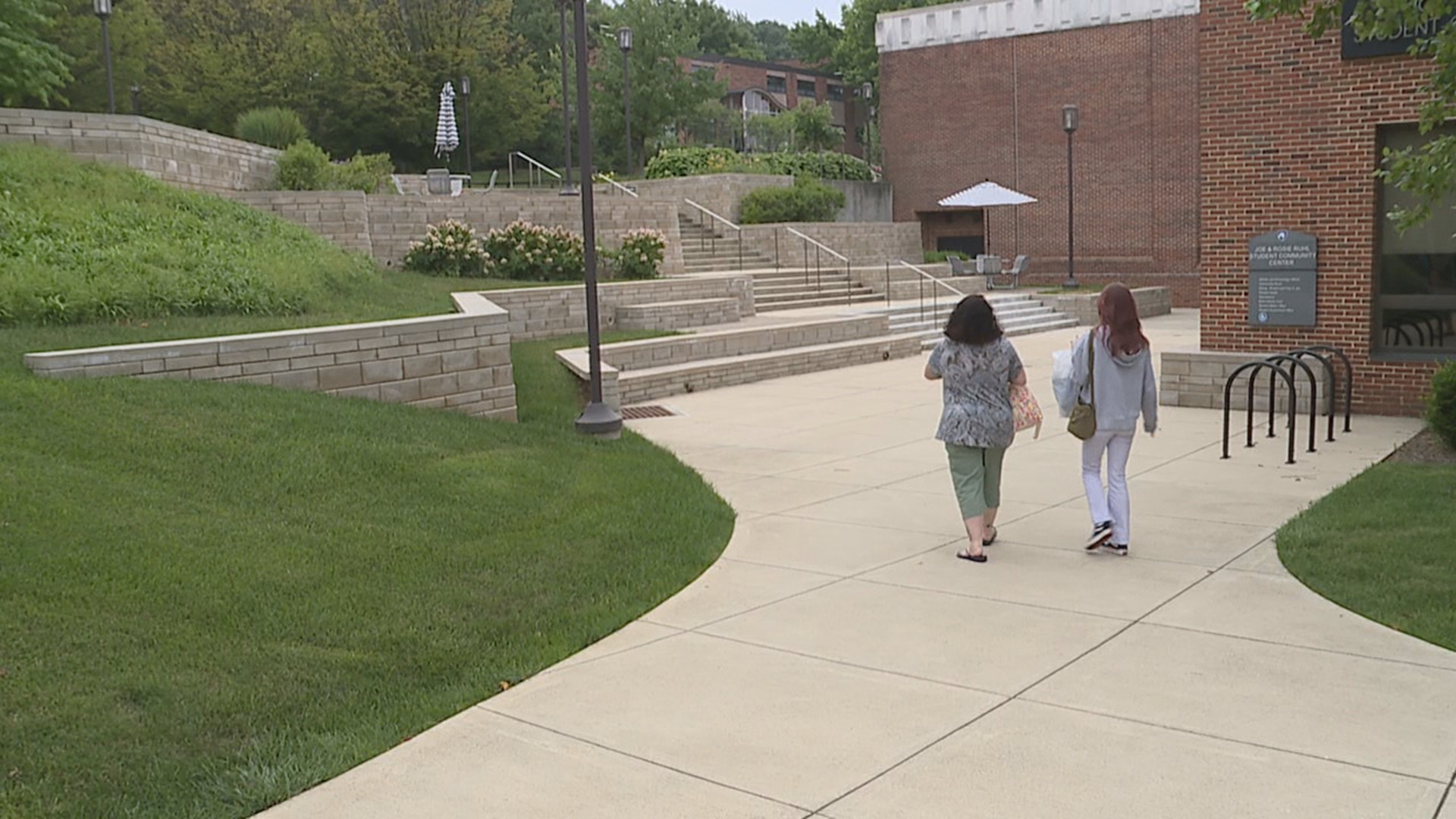HARRISBURG, Pa. — Pennsylvania lawmakers have three days to pass the state’s annual budget on time. A disagreement over some school funding, though, could delay the entire budget.
House Democrats passed a $46.4 billion budget on June 5, well above the $44.4 billion budget proposed by Gov. Josh Shapiro in March.
Much of the new money in the Democrats’ bill would go to education, including a 7% funding increase for Pennsylvania’s four state-related universities: Penn State, Pitt, Temple and Lincoln. The funds, totaling $660 million, would go toward reimbursing tuition for students.
Republicans oppose the increase. At a press conference on Monday, House Minority Leader Bryan Cutler (R-Lancaster) expressed frustration that at a recent hearing, presidents of the universities would not agree to freeze tuition even if they received the increased funding.
“When we look at our state-related institutions, particularly Pitt, Penn State and Temple, many of our members ask why the system is the way that it is… why do we continue to fund these institutions… only to go on and raise tuition time and time again” Cutler said.
State-owned universities, meanwhile, promised to freeze tuition for the fifth year in a row in exchange for a 3.8 percent increase in basic funding.
Lawmakers are supposed to agree on a budget by June 30. Many in the Capitol now predict an agreement will not be reached by then.
Late budgets are not uncommon in Pennsylvania’s legislature. In fact, budgets were late 13 of the last 20 years.
Passing the deadline would not have an immediate effect on state workers. The state legally has to maintain and pay benefits during budget impasses. Public schools, libraries and other social services, however, would start to be affected around late August or September, and state-related schools would eventually see tuition increases.
“College is already expensive enough as it is. I already pay a good portion out of pocket,” said Penn State York senior Abigail Snyder. “So putting pressure on us would just cause more stress, which would take focus away from my academic career here at State College.”

